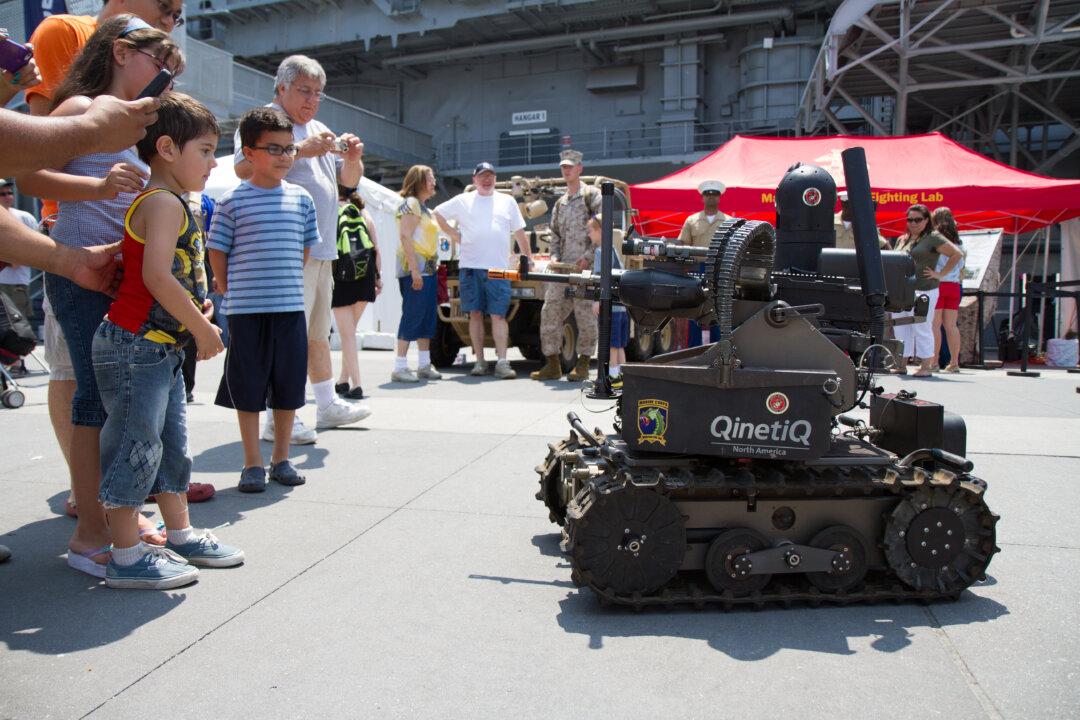A group of distinguished artificial intelligence researchers warned that the international community must place restrictions on the development of autonomous weapons before it’s too late to stop an “AI arms race.” In an open letter published by the Future of Life Institute (FLI) and signed by luminaries like Elon Musk, Stephen Hawking, and Steve Wozniak, the researchers called for the United Nations to place “a ban on offensive autonomous weapons beyond meaningful human control.”
“If any major military power pushes ahead with AI [artificial intelligence] weapon development, a global arms race is virtually inevitable,” the letter states. “Autonomous weapons will become the Kalashnikovs of tomorrow. Unlike nuclear weapons, they require no costly or hard-to-obtain raw materials, so they will become ubiquitous and cheap for all significant military powers to mass-produce.”





